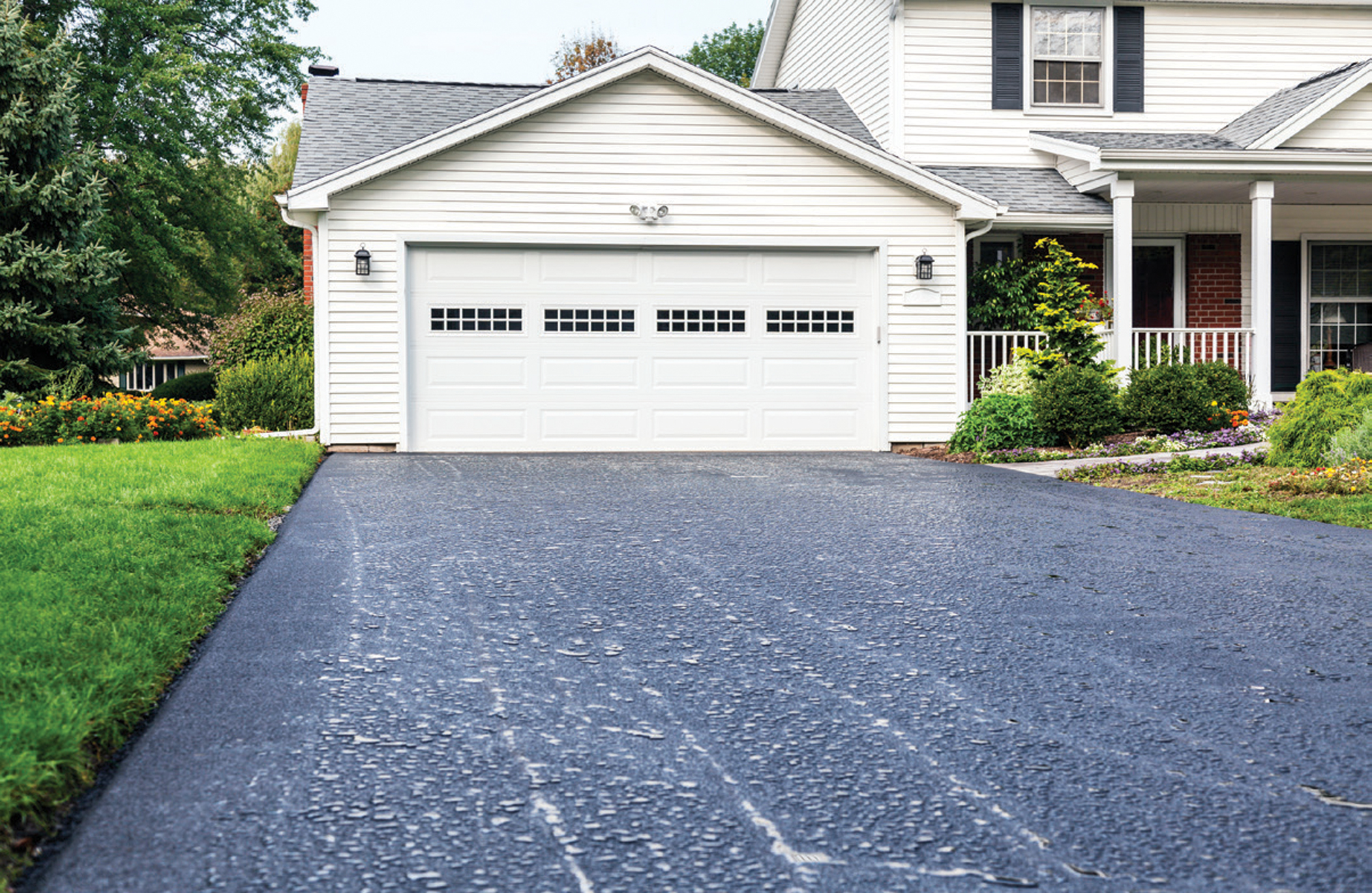Efficient Asphalt Repair: Cold Mix Sealing Techniques Unveiled
Efficient Asphalt Repair: Cold Mix Sealing Techniques Unveiled
Blog Article
Cold Mix Asphalt Vs. Hot Mix Asphalt: Which Is Right for You?

Structure Distinctions
Cold mix and warm mix asphalts vary significantly in their make-up, with distinct attributes that influence their efficiency and applications. Cold mix asphalt is created by emulsifying the asphalt binder with water and an emulsifying agent prior to blending it with aggregate. This approach permits the asphalt to be practical at lower temperatures, making it ideal for temporary repairs and for use in chillier climate condition. Hot mix asphalt, on the other hand, is made at heats, typically in between 300-350 ° F, which assists to attain much better compaction and an extra long lasting final item. The hot mix asphalt production process entails heating up the accumulation and asphalt binder independently prior to incorporating them at the asphalt plant.
In addition, cool mix asphalt often tends to be less dense and a lot more flexible than hot mix asphalt. This flexibility makes it better matched for locations with greater degrees of activity, such as driveways or roadways with rush hour. In contrast, warm mix asphalt is recognized for its high toughness and resistance to rutting and fracturing, making it a recommended choice for highways and high-traffic roadways where long life is critical.
Setup Refine Variations
The procedure of mounting cool mix and warm mix asphalt exhibits notable variations in their requirements and procedures. Cold mix asphalt, being an extra adaptable material, can be applied directly from the bag or container onto the hole or damaged location. It requires minimal preparation work, such as cleaning up the area and condensing the chilly combine with hand devices. This makes it a hassle-free option for temporary and quick fixes. In contrast, warm mix asphalt requires an extra intricate installation process. It includes heating the blend to high temperature levels before laying it down on an effectively prepared base. The prep work includes condensing the base, using a tack coat, and utilizing heavy machinery like pavers and compactors for a resilient and smooth finish. Due to the heating demands, warm mix asphalt installations are typically carried out by professionals with specific tools, making sure a more structurally sound and long-term outcome.
Sturdiness and Longevity Elements
When thinking about asphalt alternatives, longevity and long life are crucial factors to evaluate for enduring pavement performance. Warm mix asphalt (HMA) is understood for its exceptional sturdiness and durability.
In regards to long life, HMA commonly exceeds CMA as a result of its remarkable stamina and resistance residential properties. HMA pavements have a longer life span, needing much less constant fixings and upkeep, which can translate to set you back financial savings in the lengthy run. Additionally, HMA pavements are a lot more conveniently adjustable to fulfill certain project requirements, even more improving their resilience.
Expense Considerations
Thinking about the monetary ramifications is a vital facet when reviewing the selection in between warm mix asphalt (HMA) and cold mix asphalt (CMA) for sidewalk tasks. While the first price of warm mix asphalt is commonly greater than that of cool mix asphalt, HMA commonly gives an extra economical option in the long run due to its exceptional sturdiness and durability.
In enhancement to material prices, it's important to take into consideration the costs linked with installation and upkeep when comparing HMA and CMA. Eventually, the choice between HMA and CMA must take into account not simply the preliminary cost but also the Click Here long-term economic implications to figure out the most cost-effective alternative for the specific pavement task.
Environmental Impact Comparison
Contrast of the ecological influences in between warm mix asphalt (HMA) and chilly mix asphalt (CMA) discloses distinctive distinctions in sustainability practices. HMA manufacturing requires high temperature levels, leading to increased power intake and look at this website greenhouse gas exhausts.
Additionally, the use of CMA often entails recycling existing asphalt pavement, advertising resource preservation and minimizing the amount of waste sent to landfills. By deciding for CMA over HMA, road construction tasks can contribute favorably to environmental preservation efforts.
Verdict
To conclude, the choice in between cold mix asphalt (CMA) and hot mix asphalt (HMA) relies on various aspects such as composition, setup procedure, resilience, long life, cost, and environmental effect. cold mix asphalt. While CMA provides a affordable and fast remedy for small repairs, HMA makes sure exceptional resilience and long life for heavy traffic locations. Consider these elements very carefully to determine which kind of asphalt is the best option for your paving requires

Considering the monetary top article implications is a vital aspect when examining the selection between hot mix asphalt (HMA) and cool mix asphalt (CMA) for pavement jobs. While the preliminary price of hot mix asphalt is normally greater than that of cold mix asphalt, HMA typically gives a more economical remedy in the lengthy run due to its exceptional toughness and long life. cold mix asphalt.Comparison of the environmental effects in between hot mix asphalt (HMA) and cool mix asphalt (CMA) reveals distinct differences in sustainability methods.In final thought, the selection in between cool mix asphalt (CMA) and warm mix asphalt (HMA) depends on various factors such as structure, setup process, toughness, long life, price, and ecological influence
Report this page